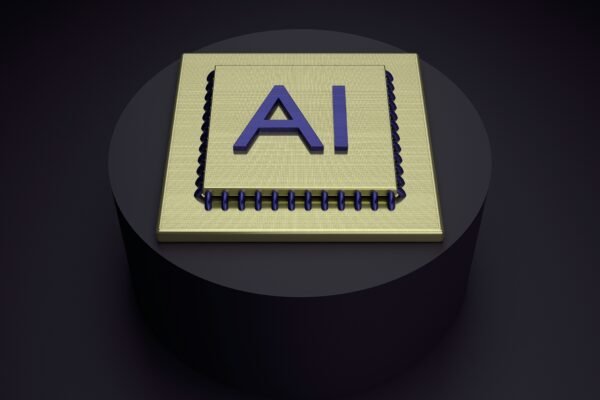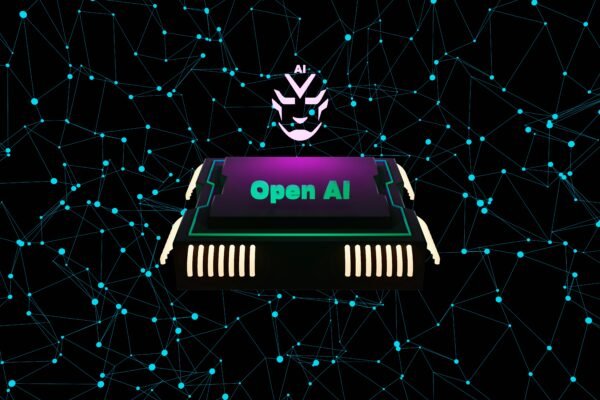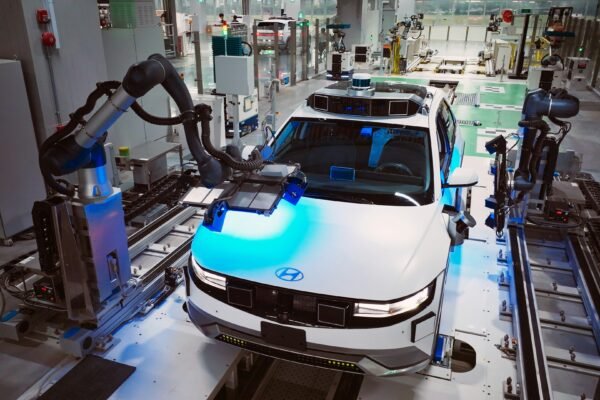
How AI-Driven Workloads are Reshaping Data Infrastructure
Introduction to AI-Driven Workloads AI-driven workloads refer to computational tasks that leverage artificial intelligence techniques to process and analyze data. Unlike traditional workloads, which typically involve straightforward processing tasks such as transaction processing or data retrieval, AI-driven workloads encompass a broader range of sophisticated operations. These operations are designed to mimic human-like decision-making, learning, and…















